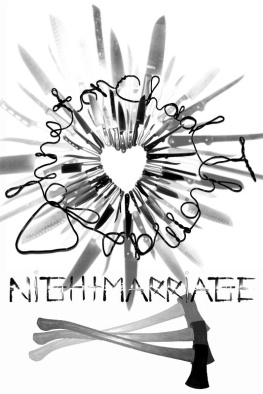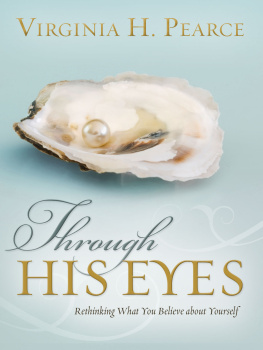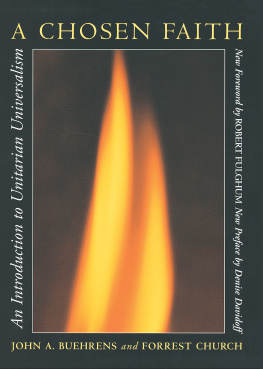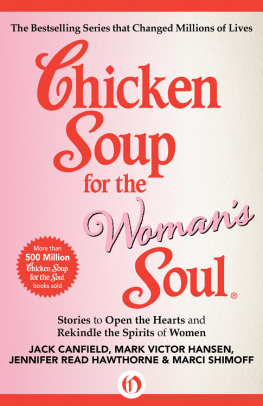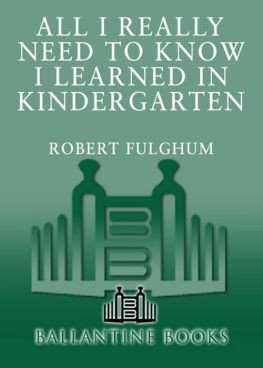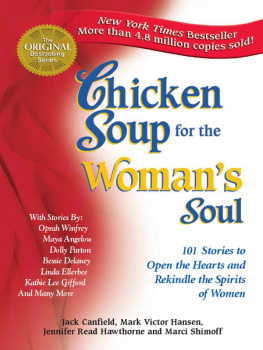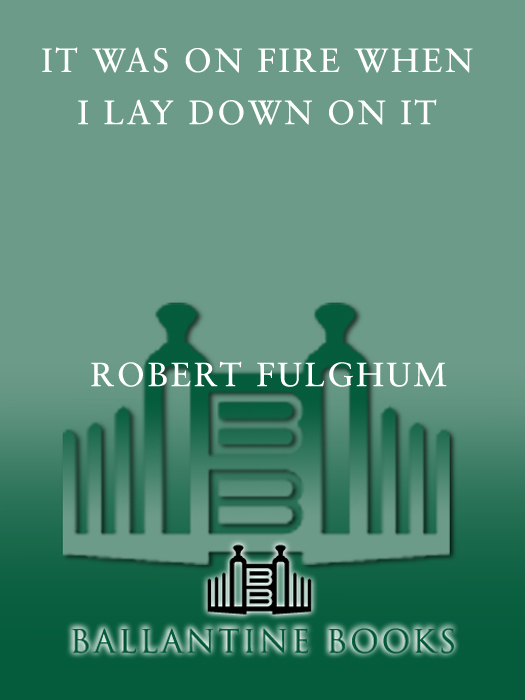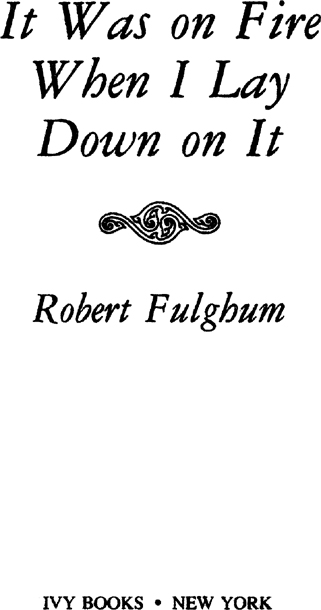PRAISE FROM ALL OVER FOR
FULGHUM AND IT WAS ON FIRE
Author of the runaway bestseller, All I Really Need to Know I Learned in Kindergarten, Fulghum returns with more sermons-turned-essays (he has been a minister, bartender, cowboy, IBM salesman, artist and teacher) and serious playfulness to delight readers once again. Fulghum is a master at the compassionate vignette.
San Francisco Chronicle
As simply written and as direct as the first If youve ever wanted to flee the hassles of big city life for a quieter place where old fashioned values still dominate, Fulghums books will leave you thinking this is the kind of person youd like in your new neighborhood.
UPI
Fulghum is a natural-born storyteller who can pluck at your heartstrings, tickle your funny bone and point up a moral all at the same time.
Washington Magazine

Fulghum tells good stories. Fulghum doesnt urge us to sell our earthly goods, embrace lepers, convert heathens or risk our lives. He asks us to stop to admire the spiders web along the garden path or to appreciate how love (sometimes) conquers all.
Palm Beach Post
Fulghum is a diverting writer who shares the perils of being human. Somehow when such things are written down, their reality is easier to take and the little essays often become public services.
The Sacramento Bee
If the adjective heartwarming didnt exist, it would have to be invented to describe Fulghums good-all-over way of summing up a tale. Fulghum packs plenty into this thin volume, with a style so effortless that reading it is like selecting chocolates from a box. His homilies are gentle, humanistic and all-inclusive.

The San Diego Tribune
Fulghum continues to tackle the big questions, and celebrate in the smallest of miracles. IT WAS ON FIRE WHEN I LAY DOWN ON IT is an affirmation of the good, the lighthearted, the universal.
The Grand Rapids Press
A sheer delight These engaging mini-essays again flaunt minor conventions with charm and wit while remaining true to Fulghums faith in life, love, and the human spirit.
Library Journal
Humorous and poignant The author runs the emotional gamut as he celebrates both the individuality and the commonality of human experience. The sensitive essays exude an ingenuous brand in warmth and wisdom guaranteed to renew the spirit and charm [in] a wide spectrum of readers.
Booklist

Also by Robert Fulghum
Published by Ivy Books:
ALL I REALLY NEED TO KNOW I LEARNED IN
KINDERGARTEN
UH-OH
I believe that imagination is stronger than knowledge
That myth is more potent than history.
I believe that dreams are more powerful than facts
That hope always triumphs over experience
That laughter is the only cure for grief.
And I believe that love is stronger than death.
FROM THE AUTHOR TO THE READER:
Show-and-Tell was the very best part of school for me, both as a student and as a teacher. Not recess or lunch, but that special time set aside each week for students to bring something important of their own to class to share and talk about.
As a kid, I put more into getting ready for my turn to present than I put into the rest of my homework. Show-and-Tell was real in a way that much of what I learned in school was not. It was education that came out of my life experience. And there werent a lot of rules about Show-and-Tellyou could do your thing without getting red-penciled or gonged to your seat.
As a teacher, I was always surprised by what I learned from these amateur hours. A kid I was sure I knew well would reach down into the paper bag he carried and fish out some odd-shaped treasure and attach meaning to it beyond my most extravagant expectation. It was me, the teacher, who was being taught at such moments.
Again and again I learned that what I thought was only true for me only valued by me only cared about by me was common property.
Show-and-Tell was a bit disorderly and unpredictable. What the presentations lacked in conventional structure was compensated for by passion for the subject at hand.
The principles guiding this book are not far from the spirit of Show-and-Tell. It is my stuff from homethat place in my mind and heart where I most truly live. This volume picks up where I left off in All I Really Need to Know I Learned in Kindergarten, when I promised to tell about the time it was on fire when I lay down on it.
The form of this book is a reflection of the life from which it is drawn; here is not a collection of well-crafted essays, but the ongoing minutes from a one-man committee meeting, gussied up a bit for bringing to class. An amateurs job. I would read these pages to you if I could, but since thats not possible, I have a suggestion that verges on a request. You know how it is when you get a letter in the mail from a friend far away and you tear it open and start reading it and somebody else in the room says Read it out loud and you do and you talk about it as you go along, adding your own observations and explanations? Read it like that. Show and tell.
Robert Fulghum
A TABLOID NEWSPAPER CARRIED THE STORY , stating simply that a small-town emergency squad was summoned to a house where smoke was pouring from an upstairs window. The crew broke in and found a man in a smoldering bed. After the man was rescued and the mattress doused, the obvious question was asked: How did this happen?
I dont know. It was on fire when I lay down on it.
The story stuck like a burr to my mental socks. And reminded me of a phrase copied into my journal from the dedication of some book: Quid rides? Mutato nomine, de te fabula narratur. Latin. From the writings of Horace. Translated: Why do you laugh? Change the name, and the story is told of you.
It was on fire when I lay down on it.
A lot of us could settle for that on our tombstones. A life-story in a sentence. Out of the frying pan and into the hot water. I was looking for trouble and got into it as soon as I found it. The devil made me do it the first time, and after that I did it on my own.
Or to point at this truth at a less intense level, I report a conversation with a colleague who was complaining that he had the same damn stuff in his lunch sack day after day.
So who makes your lunch? I asked.
I do, says he.
Weve got some fine old company in this deal.
Saint Paul bemoaned the fact that I cannot understand my own behavior. I fail to carry out the things I want to do, and I find myself doing the very things I hate.
And the Greek dramatist Euripides puts these words in Medeas mouth just before she murders her own children: I know what evil I am about to do. My irrational self is stronger than my resolution.
Psychiatrists make a lot of money off this dilemma, and theologians make a lot of noise. But not only is it unresolved, it is unresolvable. One lives with the dilemma, and in the living takes comfort in the company of those who habitually lie down on burning beds of one kind or another. It would be better if we could simply lay claim to the beds we choose as our own and get on with it.


